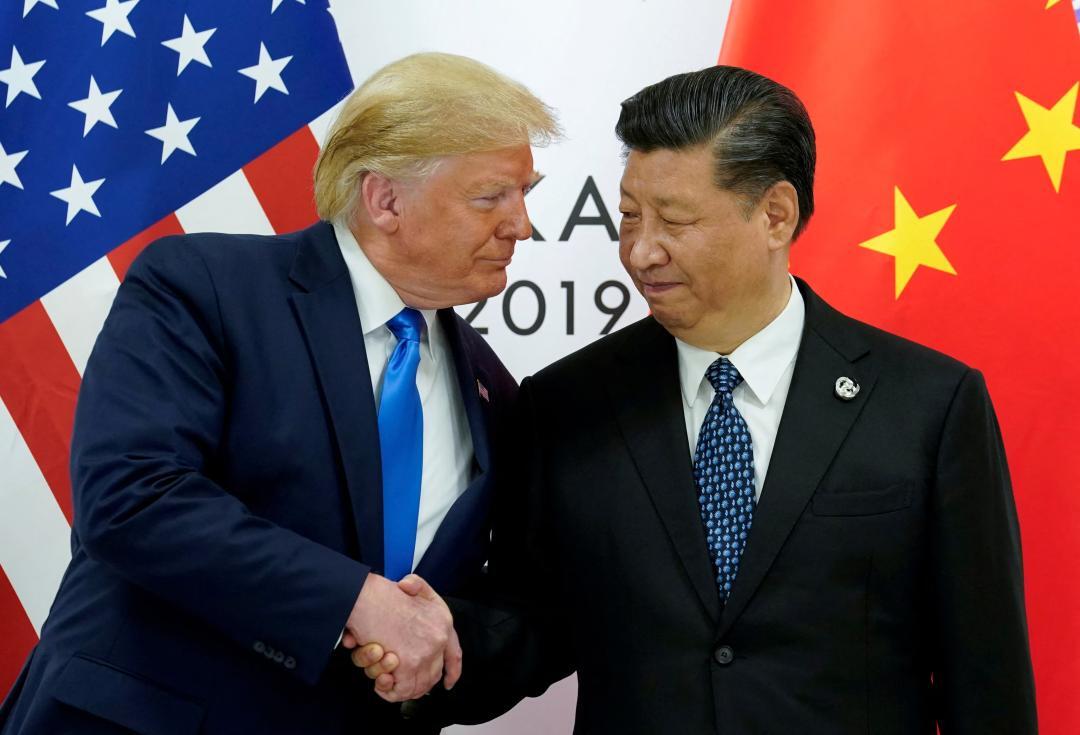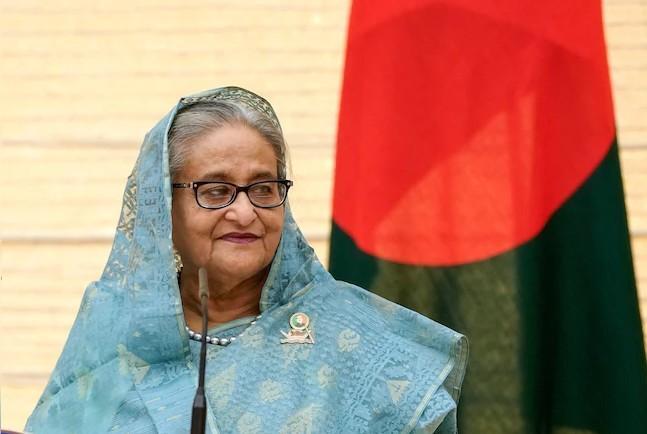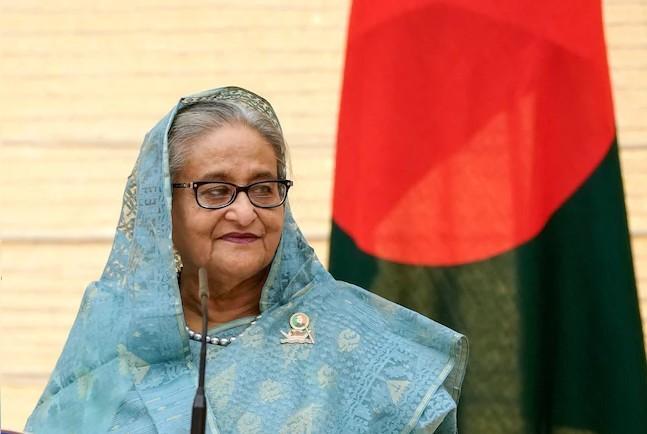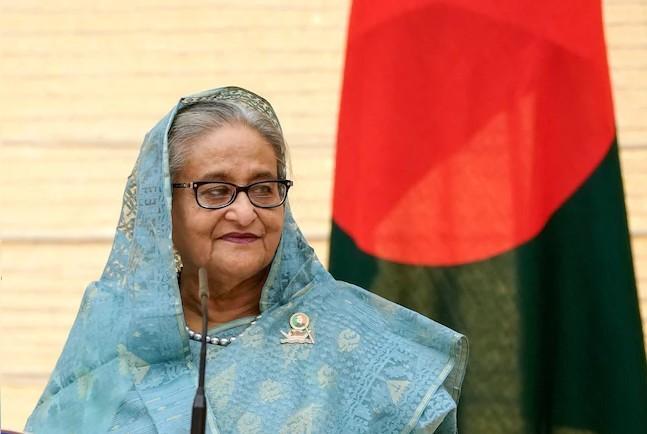
US can set houses afire but we can’t light lamps: China on tariffs
The ongoing trade tensions between the United States and several countries have taken a new turn, with China’s Deputy Permanent Representative to the United Nations, Geng Shuang, speaking out against the US’s decision to impose tariffs on countries that buy Russian oil. In a scathing remark, Shuang questioned the US’s double standards, saying that while the country is allowed to engage in trade with Russia, other nations are prohibited from doing so.
The US had previously imposed sanctions on Russia in response to its alleged involvement in Ukraine’s conflict, and subsequently, several countries, including China, India, and Turkey, were forced to find alternative sources of oil to replace Russian imports. However, the US has now taken it upon itself to impose tariffs on countries that buy Russian oil, sparking outrage from China and other affected nations.
Geng Shuang’s comments came in response to the US’s decision to impose tariffs on countries that buy Russian oil, which he described as “arbitrary and unjustified.” He further questioned the US’s motives, stating that the country was attempting to use its economic muscle to dictate the trade policies of other nations.
“Why should it be acceptable for the US to engage in trade with Russia, but not for others?” Shuang asked. “It’s like the US can set houses on fire, but others aren’t even allowed to light lamps.”
Shuang’s remarks are likely to spark a heated debate on the issue of trade restrictions and the use of tariffs as a tool to exert economic pressure on other nations. The US has long been accused of using its economic influence to shape the global trade landscape, often to the detriment of other countries.
However, the US government has maintained that its tariffs are necessary to protect American interests and to punish countries that it believes are not playing by the rules. In the case of Russia, the US has accused the country of violating international law and engaging in aggressive behavior in Ukraine.
The US’s decision to impose tariffs on Russian oil is likely to have significant consequences for several countries, including China, which has been a major buyer of Russian oil. China has already expressed its opposition to the US’s decision, stating that it is an attempt to interfere with the country’s domestic affairs.
The US’s move is also likely to have implications for the global energy market, as several countries are forced to find alternative sources of oil to replace Russian imports. This could lead to increased prices and uncertainty for energy consumers around the world.
In response to the US’s decision, several countries, including China, India, and Turkey, have announced plans to increase their oil imports from other sources, including Iran and Venezuela. These countries have argued that the US’s decision is an attempt to impose its own energy security interests on the rest of the world.
The US’s decision to impose tariffs on Russian oil is also likely to have implications for the global economy, as it could lead to a rise in protectionism and a decline in global trade. This could have significant consequences for countries that are heavily reliant on international trade, including many developing nations.
In conclusion, the US’s decision to impose tariffs on countries that buy Russian oil is likely to spark a heated debate on the issue of trade restrictions and the use of tariffs as a tool to exert economic pressure on other nations. China’s Deputy Permanent Representative to the United Nations, Geng Shuang, has correctly pointed out the US’s double standards, stating that while the country is allowed to engage in trade with Russia, other nations are prohibited from doing so.
The US’s decision is likely to have significant consequences for several countries, including China, India, and Turkey, and could lead to a rise in protectionism and a decline in global trade. As the global economy continues to evolve, it is essential that countries work together to promote free and fair trade, rather than using tariffs as a tool to exert economic pressure on other nations.
Source: https://x.com/rt_india_news/status/1951213097567334502






